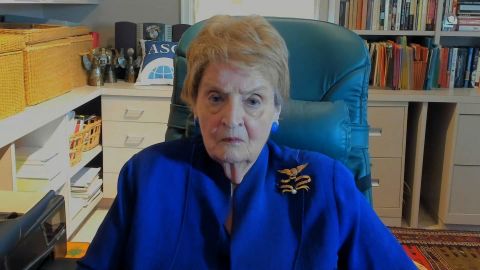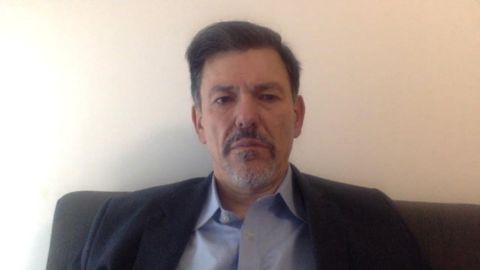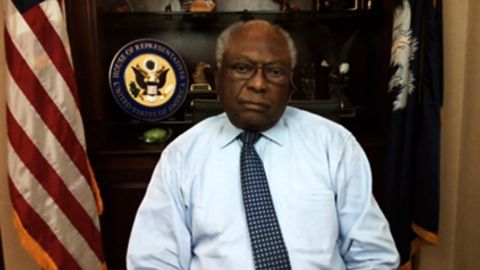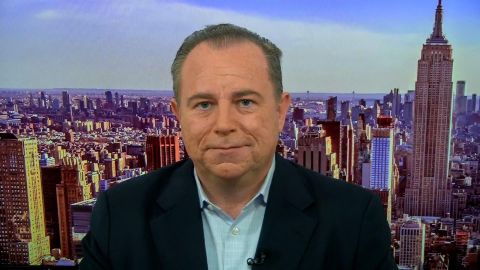Read Transcript EXPAND
CHRISTIANE AMANPOUR: So, yes, the unknowns, I’d like to hear them again from your perspective. We’ve heard some, you know, in the day since the announcement was made yesterday, but also, you know, the practicalities of it getting actually to enough people to make, I heard, immunity and to make people safe from this.
HUGH MONTGOMERY, DIRECTOR, HUMAN HEALTH AND PERFORMANCE, UNIVERSITY COLLEGE LONDON: Right. So the first thing is, Pfizer put out preliminary data. So these are not the final data from the study. And they’ve reported a little over 43,000 trial participants and 94 cases of COVID in the group. But they haven’t made clear how many were in the placebo group and others didn’t get the vaccine, and how many did. They’ve just been able to infer from these data that it looks as if it might protect nine out of 10 people by vaccination. But the trial isn’t over yet, it needs to get around 164 cases. And at that point, we’ll know definitively how well it works. It may settle out at less than 90%. But to be honest, even we’re protecting 50% of people that would still be a very big deal. The second thing we don’t know is what sorts of patients it protects, does it protect people from asymptomatic carriage because if it does, that’s a really big deal. If it stopped people spreading the virus, that don’t know they’re spreading it, that’s a big win. Does it protect you from mild or moderate disease which will be less of a win, often the severe disease is life threatening, which would be big ticket item. And we don’t yet know whether it protects across all of those, and nor do we know the duration of the protection. So does it last for days, weeks, months or years. The other slight downsides of this compared to some of the other vaccines are price. It’s going to come in probably we’re told around $39 for the two shots, because this is a double shot. You have to have one vaccine shot, and then another one three weeks later. And it looks as if it’s giving protection a week after that. So $40, and it does have to be refrigerated in a chain. And answering your question that does make it harder to get out, particularly to poorer communities around the world where those chains of refrigeration are much more difficult. That said, though, we’ve got a whole raft of other bar of vaccines coming along in four different classes, so different mechanisms of action. And the Oxford AstraZeneca vaccine is probably the next front runner that works in a very different way. We hope to have those data within the next perhaps month or so. And, again, rolling out production to start vaccination for either of those, made even by the year’s end. Then it’s a question of scaling up production and getting it distributed, because this is no mean feat with 8 billion people on the planet. This is a production at scale, isn’t it?
About This Episode EXPAND
Former Secretary of State Madeleine Albright and Newsmax Media CEO Chris Ruddy each weigh in on President Trump’s refusal to concede the election. House Majority Whip Jim Clyburn reacts to President-elect Joe Biden’s win. Hugh Montgomery, chair of the National Emergency COVID Critical Care Committee, discusses the current spike in cases.
LEARN MORE



